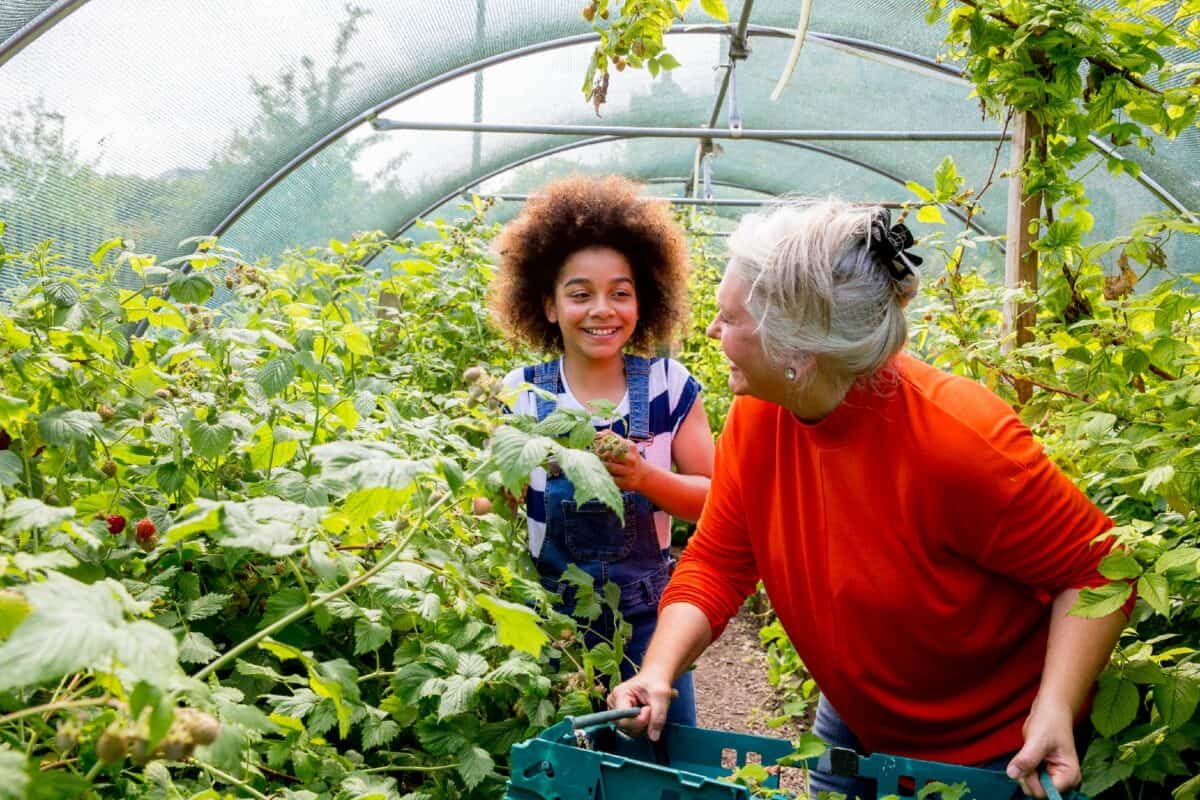Unlock the Editor’s Digest for free
Roula Khalaf, Editor of the FT, selects her favourite stories in this weekly newsletter.
Cargill, the world’s largest crop trader, said annual revenues declined by a tenth as ample crop supplies have pushed down prices.
The decline in revenues to $160bn for the year to May 2024 from a record $177bn the previous year comes as Brian Sikes, who took the helm of the trading company at the start of 2023, is overhauling its operations.
Last month Cargill’s publicly listed rivals Archer Daniels Midland and Bunge reported declining profits, with both companies’ earnings per share falling to their lowest levels since 2020, missing analysts’ expectations.
Cargill, which is one of the largest privately owned companies in the world by revenue, is the C in the so-called ABCD of global food commodities traders, along with ADM and Bunge from the US and Louis Dreyfus in Europe.
The quartet made record profits in recent years amid the volatility and price surges driven by the pandemic and Russia’s invasion of Ukraine in 2022, but prices have since tumbled as crop supplies have swelled, squeezing the traders’ margins.
Cargill’s restructuring comes as the leading agricultural trader failed to meet its profit targets in the 2024 fiscal year, according to Reuters.
Under the new structure Cargill’s five business units — agricultural supply chain; protein and salt; animal nutrition and health; food and bioindustrial; and financial services and metals — will be streamlined into three divisions: food enterprise; agriculture and trading and specialised portfolio.
The trader closed its steel trading operations in China, after the country’s property-led downturn weighed on its business.
“As all healthy businesses do, we constantly review our performance and portfolio to ensure we are positioned to deliver for our customers and win in the marketplace,” Cargill said. “As we look to the future, we have laid out a clear plan to evolve and strengthen our portfolio to take advantage of compelling trends in front of us.”
The group’s decline in profits comes as it faces pressure in the beef sector, as drought in the west and south of the US over the past year has forced ranchers to cut the national cattle herd to its smallest since 1951.
Cargill’s meatpacking operations — with plants that slaughter and cut beef, chicken and turkey — had helped to boost profits and set it apart from ADM, Bunge and Dreyfus, which trade and process mostly grain crops.
But the US Department of Agriculture expects domestic cattle production to decrease about 2 per cent in 2024 compared to the previous year and Tyson, another leading US meatpacker earlier this month said it anticipated adjusted operating losses between $400mn and $300mn in fiscal 2024.
“As we move forward, we are not looking for short-term fixes. Instead, we are focused on a transformational strategy that will fundamentally change the way we run Cargill to ensure we drive long-term profitable growth,” the company said.
Cargill was making “significant strategic investments including in research in methane reduction, the company added. In 2019 it committed to cutting greenhouse gas emissions from its beef business by 30 per cent by 2030.
Credit: Source link














